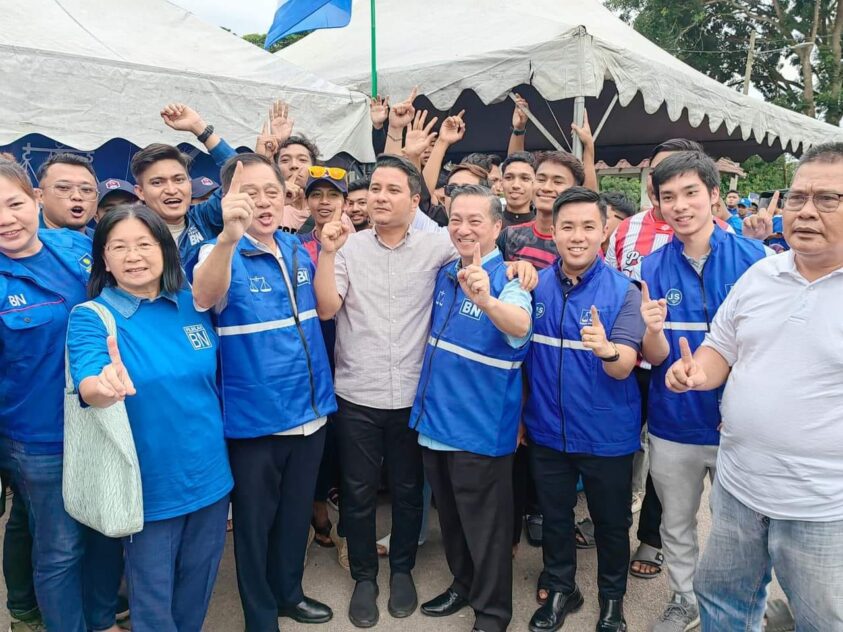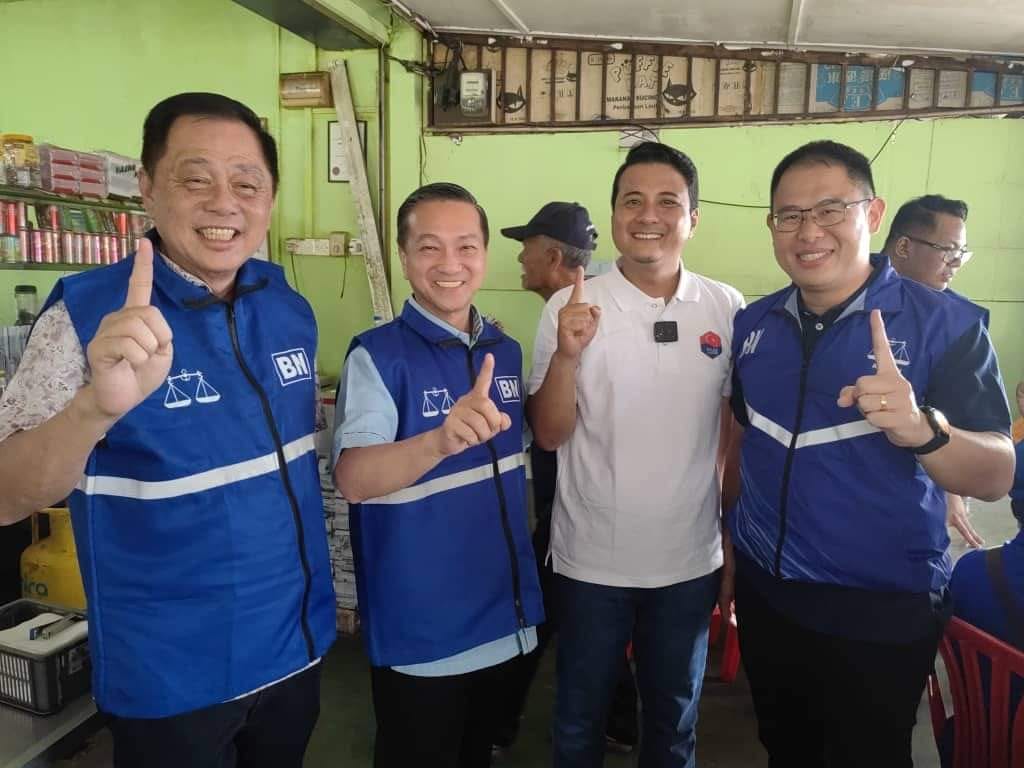THE recently concluded Mahkota by-election revealed that despite the low voter turnout among Chinese and Indian communities, MCA which is a component party of Barisan Nasional (BN) appeared to have more influence on Chinese voters than DAP.
Traditionally, the Chinese voters who form the majority of DAP supporters would have been expected to vote for a candidate from either the DAP, PKR or even Amanah.
However, the nomination of UMNO candidate Syed Hussein Syed Abdullah posed a significant issue.
For more than 60 years, DAP and UMNO have been political adversaries. The formation of the current political alliance between Pakatan Harapan (PH) and BN has complicated matters for DAP’s hardcore-Chinese supporters, leading to tension within the electorate.
This discomfort may explain the distribution of poison-pen letters which urged Chinese voters not to support the UMNO candidate.
Although some DAP leaders blamed these letters on the opposition, it became apparent that the source likely originated from within DAP circles in Mahkota.
While the Chinese community has historically rejected MCA as an ineffective party, it seemed less “treacherous” in this context than DAP which was seen by some as having shifted alliances in a way that betrayed the trust of Chinese voters.
At the very least, MCA did not align itself with political parties viewed as unacceptable to the Chinese community.

MCA gaining traction?
Voter turnout among Chinese and Indian voters in the Mahkota by-election was slightly more than one-third of registered voters.
Among Indian voters who make up about 8% of the electorate, MIC had little traction. Despite being a component party of BN, MIC’s influence was limited.
The is where the United Rights of Malaysian Party (Urimai) had more impact, particularly due to its engagement with the Indian community in addressing socio-economic and cultural issues neglected by MIC. This engagement likely contributed to the low turnout among Indian voters.
Another factor contributing to MCA’s traction with the Chinese community is its recent track record.
Although MCA has lost significant support to DAP in the past, its leaders have over the past year or so been effectively raising issues important to the Chinese community despite not being represented in the cabinet. This has slowly but steadily helped MCA rebuild trust with Chinese voters.

The Mahkota by-election serves as a noteworthy example of an electoral contest in which MCA gained ground with the Chinese community.
However, whether MCA can re-establish itself as the representative of the Chinese community remains to be seen.
Unlike DAP which appears beholden to those in power, MCA seems to be charting its own course in an attempt to regain the trust and support of Chinese voters.
The results of this by-election may be sufficient for MCA leaders to be considered for a more prominent role in the Madani government. – Sept 30, 2024
Former DAP stalwart and Penang chief minister II Prof Ramasamy Palanisamy is chairman of the United Rights of Malaysian Party (Urimai) interim council.
The views expressed are solely of the author and do not necessarily reflect those of Focus Malaysia.
Images credit: 马华柔佛州联委会 MCA JOHOR/Facebook









